Zentrale Fragestellung
Approach
Building upon our established PET tracer development program, we now aim to develop new senescence-detecting imaging probes with increased sensitivity and specificity, ultimately also as a theranostic approach. Design of experiment (DoE) methods have been successfully established and were applied for efficient tracer development. DoE will be utilized for a swift and flexible adjustment of iFIT tracer candidates in close interaction with the medicinal chemistry groups in the FIMT area. The iFIT nanobody-based immune and metabolic imaging pipeline will be further advanced and used in synergy with multiparametric and multiscale imaging to unravel how tumor cell-intrinsic stress impacts the TME and anti-tumor immune responses. The comprehensive iFIT imaging program utilizes AI to enable advanced image analysis and ultimately guide novel therapeutic approaches. Research Area C is coordinated by Christian la Fougère, Bernd Pichler and Bettina Weigelin.
The research area "Molecular and Functional Multiparametric Imaging" (MFMI) is divided into four research modules:- MFMI-1: Imaging of Cancer Stress and Metabolism
- MFMI-2: Multiscale Immune-Imaging - from the Microenvironment to the System
- MFMI-3: New Theranostics Approaches and Refining Established Concepts
- MFMI-4: Methodological Imaging and Data Analysis Platform
MFMI-1

Within MFMI-1, we will develop a new generation of radionuclide-based PET tracers to image cancer stress states and stress responses. In the next iFIT funding period, we aim to synthesize and evaluate new libraries of self-immolating β-galactosidase substrates with improved pharmacokinetics and sensitivity. The new senescence probes can be easily functionalized with peptides and other pharmacokinetic modifiers to allow for tissue specificity and better tracer performance. With our expertise, we are well-equipped to untangle the complex interplay of senescent tumor cells and the immune system and vice versa the immune system’s role in modulating senescence.
MFMI-2
The main objective within the second iFIT funding term is to enhance the integration between systemic macroscopic and cellular microscopic immune imaging. The comprehensive immune imaging pipeline, including CAR-T cells, will be further developed. Next generation radiolabeling approaches will be explored to enable quantitative immune cell tracking and detection of immune cell networks in vivo in both, animal models of cancer and humans.

MFMI-3

Our MFMI-3 work program combines the competence of FIMT, ImmT, and MFMI to advance theranostic concepts i) by developing new theranostics against novel targets, and ii) by exploring strategies to overcome resistance mechanisms in primary tumors and metastases using combination therapies.
MFMI-4
A successful imaging science program relies on innovative state-of-the-art hardware infrastructures, software tools as well as advanced imaging and data analysis workflows. In the next funding period, we will go a step further and implement the UT CODEX platform of Christian Schürch to the imaging science center to serve iFIT projects in an optimal way providing microscopic and macroscopic molecular and functional information. iFIT provides all hardware imaging systems and analysis tools, resulting in a gigantic volume of data from different origin, size and format. To reveal essential information of interconnected in vivo and ex vivo multimodal imaging, advanced data mining and analysis, machine learning and artificial intelligence approaches are implemented.
Principal & Associated Investigators
Principal Investigators & Associated Investigators

Prof. Dr. Bernd Pichler
Director
Preclinical imaging and radiopharmacy
Phone number: +49 7071 29-87443
E-mail address: bernd.pichler@med.uni-tuebingen.de

Prof. Dr. Anna Junker
Professor
Radiochemistry and Development of Imaging Probes
Phone number: +49 7071 29 82972
E-mail address: anna.junker@med.uni-tuebingen.de

Dr. Jonathan Cotton
Postdoc
Imaging Probe Development
Phone number: +49 7071 29 82386
E-mail address: jonathan.cotton@med.uni-tuebingen.de

Prof. Dr. Gerald Reischl
Head of Radiopharmacy
Phone number: +49 7071 29 80531
E-mail address: gerald.reschl@med.uni-tuebingen.de

Prof. Dr. Ulrich Rothbauer
Professor of Pharmaceutical Biotechnology
Phone number: +49 7071 29 72469
E-mail address: ulrich.rothbauer@uni-tuebingen.de

Dr. Francisco José Reche Pérez
Postdoc
Phone number: +49 7071 29 86870
E-mail address: francisco.reche@med.uni-tuebingen.de

Univ. Prof. Dr. med. Christian la Fougère
Ärztlicher Direktor Nuklearmedizin und Klinische Molekulare Bildgebung
Phone number: +49 7071 29-86553
Fax number: 07071 29-4601
E-mail address: christian.lafougere@med.uni-tuebingen.de
Publications: Publications

Professor for Preclinical Imaging of the Immune System
Phone number: +49 7071 29-87414
E-mail address: bettina.weigelin@med.uni-tuebingen.de
Publications: Google Scholar
Publications: ORCID

Alexander von Humboldt W3 Full Professor
Phone number: +49 7071 29-87487
Fax number: 07071 29-4451
E-mail address: andre.martins@med.uni-tuebingen.de
Publications: Publications

Prof. Dr. Leticia Quintanilla de Fend
Oberärtzin
Phone number: +49 7071 29-80207
Fax number: 07071 29-2258
E-mail address: leticia.quintanilla-fend@med.uni-tuebingen.de
Publications: Publications

Prof. Dr. Katja Schenke-Layland
Institutsleiterin, Universitätsprofessorin
E-mail address: katja.schenke-layland@uni-tuebingen.de
Publications: Publications

Oberarzt, Leitung Allergologie
Phone number: +49 7071 29-83471
Fax number: 07071-29-25123
E-mail address: manfred.kneilling@med.uni-tuebingen.de
Publications: Publications

Prof. Dr. med. Johannes Schwenck
W2-Professor für Translationale Immunbildgebung
Phone number: +49 7071 29-82164
E-mail address: johannes.schwenck@med.uni-tuebingen.de
Publications: Pubmed

Univ.-Prof. Dr. med. Christian Schürch, MD, PhD
Bereichsleitender Oberarzt
Phone number: +49 7071 29-80201
E-mail address: christian.schuerch@med.uni-tuebingen.de
Publications: Publications

Prof. Dr. med. Konstantin Nikolaou
Ärztlicher Direktor, Facharzt für Radiologie
Phone number: +49 7071 29-82087
Fax number: 07071 29-5845
E-mail address: konstantin.nikolaou@med.uni-tuebingen.de
Publications: Publications

PD Dr. rer. nat. Brigitte Gückel
Studienzentrale der Radiologischen Klinik
Phone number: +49 7071 29-
E-mail address: brigitte.gueckel@med.uni-tuebingen.de
Publications: Publications

Arzt in Weiterbildung
Phone number: +49 7071 29-82711
E-mail address: dominik.sonanini@med.uni-tuebingen.de
Publications: Publications






